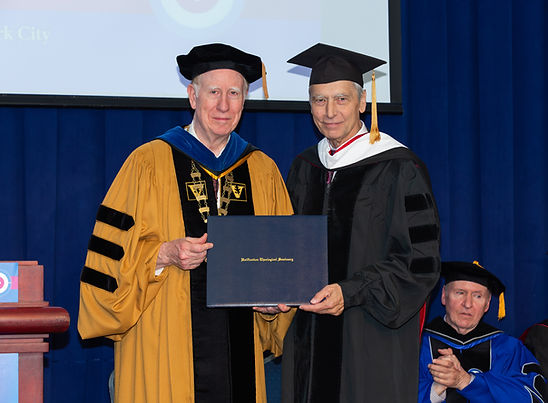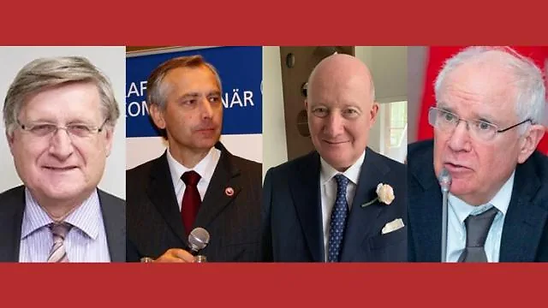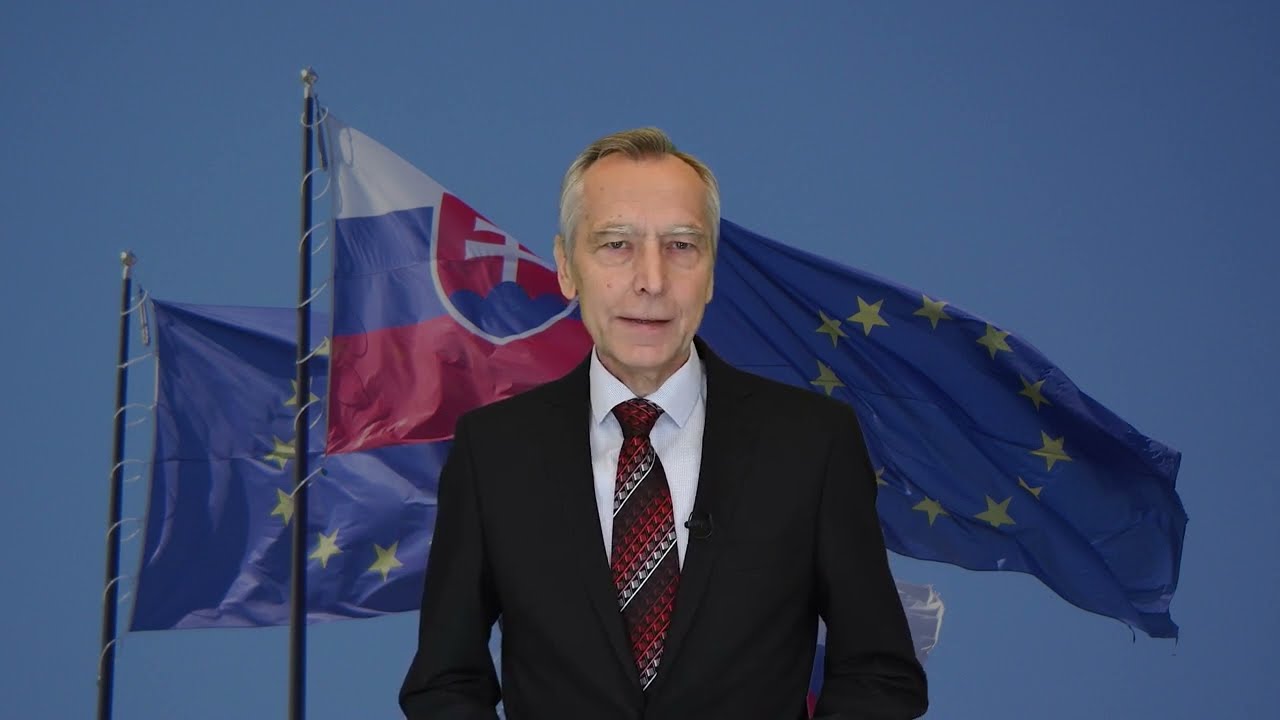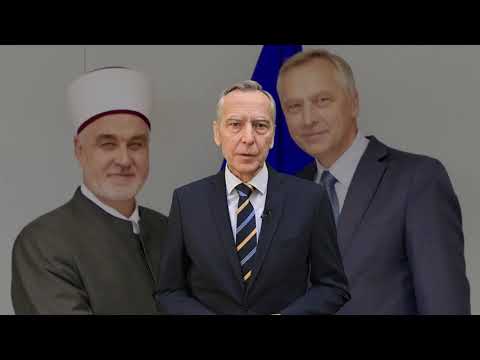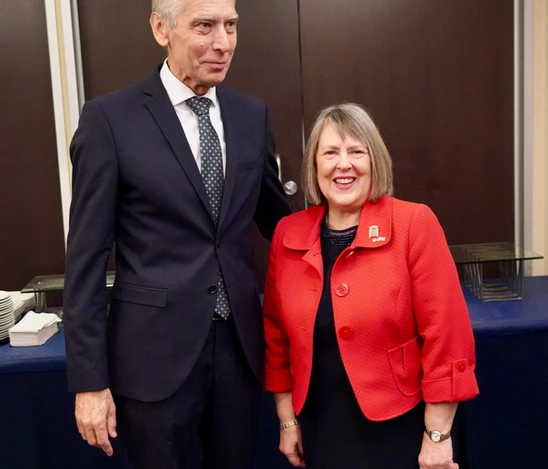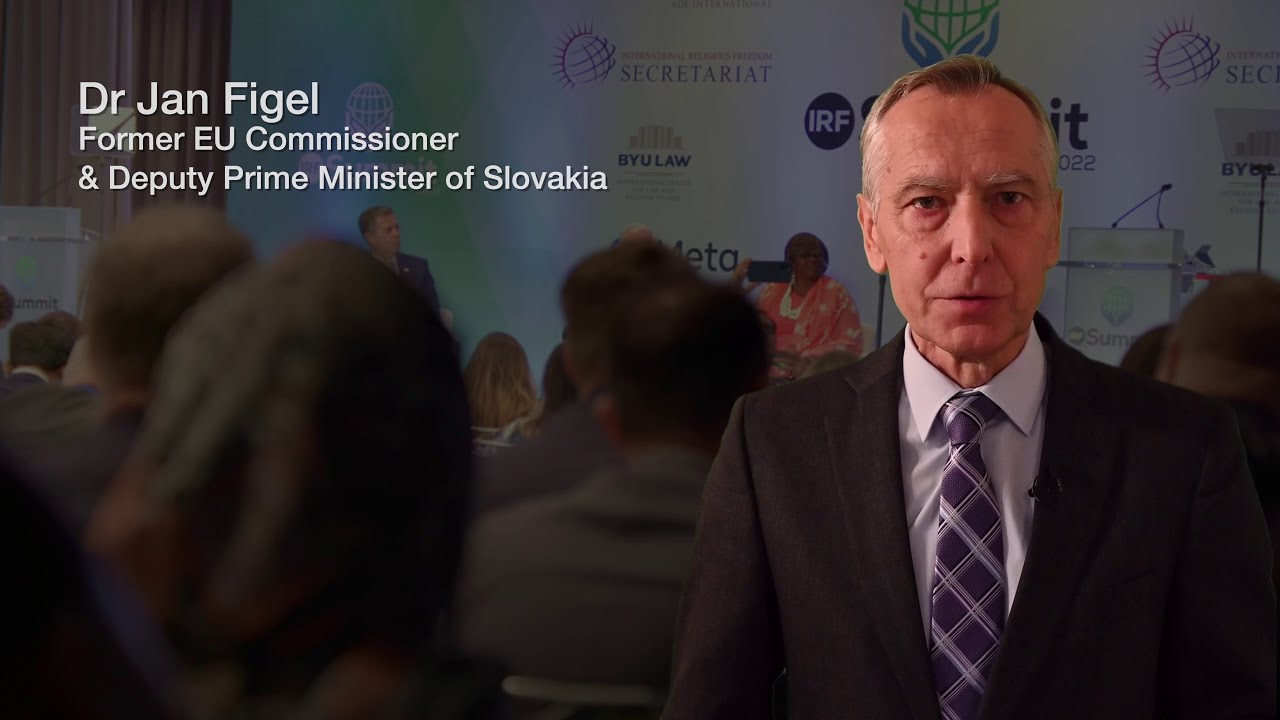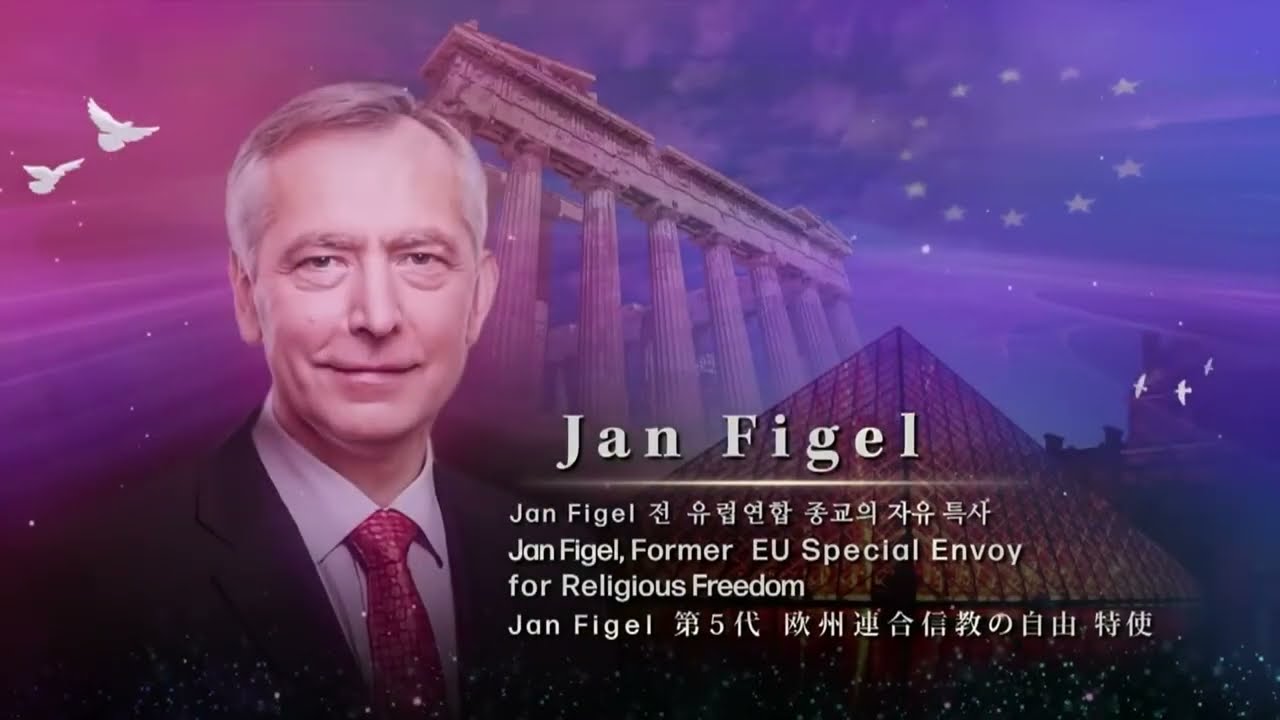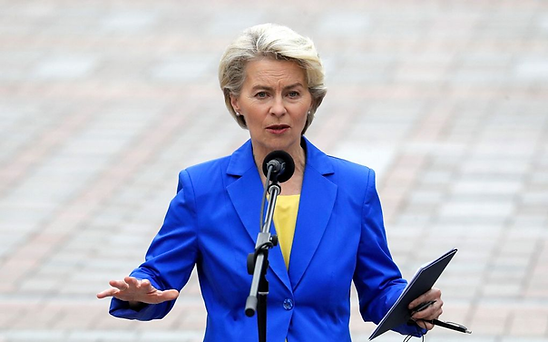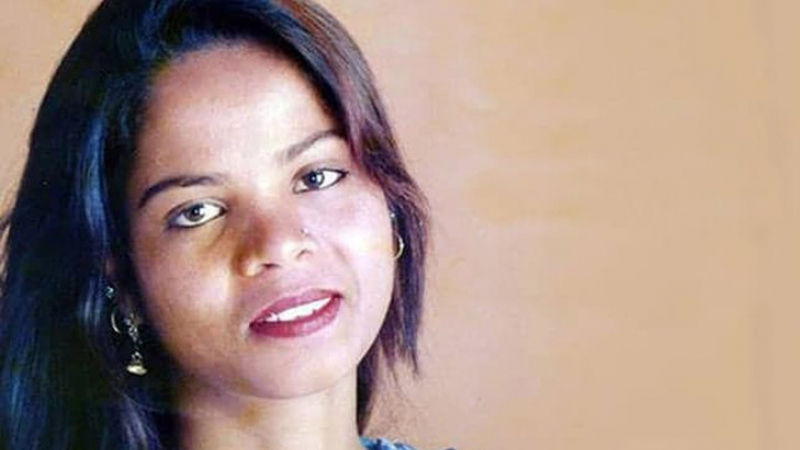Tag: freedom
-
Religious freedom requires vigilance
In 2016, I became the first-ever Special Envoy for the Promotion of Freedom of Religion or Belief (FoRB) outside the European Union. It was a time of mass atrocities committed by terrorists and militants of so-called ISIS against religious and ethnic minorities in Iraq and Syria, and for four demanding years, I visited many countries
-
Why Japan Should Guarantee Religious Liberty to the Unification Church/Family Federation
Why Japan Should Guarantee Religious Liberty to the Unification Church/Family Federation: A Letter to the Government Four prominent specialists of freedom of religion or belief—Willy Fautré, Ján Figel’, Massimo Introvigne, and Aaron Rhodes—call for an end to what increasingly appears as a witch hunt. From left to right, Willy Fautré, Ján Figel’, Massimo Introvigne, and
-
On Roots of Freedom and Peace, Schumann Centre – Amsterdam, 5/2023
Ján Figeľ speaking about the roots of freedom and peace.
-
On Freedom of Conscience – Vilnius Academic Conference, 4/2023
Ján Figeľ, the former Special Envoy for the Promotion of Freedom of Religion or Belief (FoRB) Outside the EU, speaking on the topic of freedom of conscience.
-
Rights advocate Figel’ says ‘human dignity’ at root of freedoms
Says he is ‘determined,’ not optimistic or pessimistic in campaign Ján Figeľ lives between two epochs: the first, in which communist forces in what was then Czechoslovakia killed the uncle for whom he is named, and the second, in which Mr. Figel’ carried on the struggle for religious freedom as a European Union envoy. That
-
FoRB is an Issue of Life and Death – Assassination of Former PM Abe in Japan
Presentation of Jan Figel at the UNHRC Geneva on January 31, 2023. The Global Human Rights Institution starts its Universal Periodic Review of commitments and their implementation in Japan.
-
Ján Figeľ’s Address at the 2nd Conference of Hope
2nd Conference of Hope – Overcoming Threats to Freedom of Thought, Conscience and Religion December 17, 2022 in Seoul, South Korea The whole event: https://www.youtube.com/watch?v=0DcvPB2vD0g&t=3883s&ab_channel=THINKTANK2022
-
International Conference Urges Support for Religious Freedom and Human Rights
“Religious freedom is a hallmark of an open society” November 14, 2022 11:31 ET | Source: The Washington Times Foundation International Conference Urges Support for Religious Freedom and Human Rights “Religious freedom is a hallmark of an open society” The greatest difference between open, free societies and authoritarian regimes is respect for human rights and
-
Open letter to Von Der Leyen: Where is the EU envoy for religious freedom?
Ursula Von Der Leyen. Photo EPA, Sergey Dolzhenko Dear President Von Der Leyen, A direct question: Why does the European Union still not have a Special Envoy/High Representative for Religious Freedom and Belief? Why, after the resignation of the Greek Cypriot politician and former EU Commissioner Christos Stylianides more than a year ago, has this
-
Asia Bibi sort de son silence
Asia Bibi vit au Canada depuis sa libération, dans un endroit tenu secret, par crainte de représailles de la part de fondamentalistes musulmans. Cette femme catholique, qui a passé des années dans le couloir de la mort après une accusation de « blasphème contre l’islam », s’est confiée le 31 août 2019 sur ses conditions

